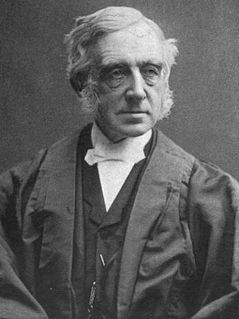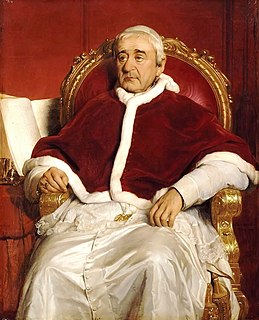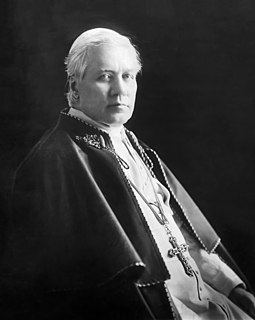A Quote by John Ruskin
I know few Christians so convinced of the splendor of the rooms in their Father's house, as to be happier when their friends are called to those mansions... Nor has the Church's ardent "desire to depart, and be with Christ," ever cured it of the singular habit of putting on mourning for every person summoned to such departure.
Related Quotes
Scripture is vast, and people can pick and choose what they emphasize, and so for hundreds of years verses that said that you are to welcome the stranger, that with Christ there's neither Jew nor Greek, male nor female, we've broken down the dividing wall with the original church, where Christians were first called Christian was the church of Antioch in which for the first time you had Jews, Gentiles of all different ethnicities come together as one people. That's when they were called Christians.
There are congregations on nearly every corner. I'm not sure we need more churches. What we need is a church. I say one church is better than fifty. I have tried to remove the plural form churches from my vocabulary, training myself to think of the church as Christ did, and as the early Christians did. The metaphors for her are always singular - a body, a bride. I heard one gospel preacher say it like this, as he really wound up and broke a sweat: "We've got to unite ourselves as one body. Because Jesus is coming back, and he's coming back for a bride not a harem.
Thoughtful men, with hearts craving the truth, have come to seek in the Catholic Church the road which leads with surety to eternal life. They have understood that they could not cleave to Jesus Christ as the Head of the Church if they did not belong to the Body of Jesus Christ which is the Church. Nor could they ever hope to possess in all its purity the faith of Jesus Christ if they were to reject its legitimate teaching authority entrusted to Peter and his successors.
Nor can We predict happier times for religion and government from the plans of those who desire vehemently to separate the Church from the state, and to break the mutual concord between temporal authority and the priesthood. It is certain that that concord which always was favorable and beneficial for the sacred and the civil order is feared by the shameless lovers of liberty.
...the great movement of apostasy being organized in every country for the establishment of a One-World Church which shall have neither dogmas, nor hierarchy, neither discipline for the mind, nor curb for the passions, and which, under the pretext of freedom and human dignity, would bring back to the world (if such a Church could overcome) the reign of legalized cunning and force, and the oppression of the weak, and of all those who toil and suffer. [...] Indeed, the true friends of the people are neither revolutionaries, nor innovators: they are traditionalists.
The continuing, direct operation of the Holy Ghost on those who are called to be God's children implies, in fact, a broadening process of incarnation. Christ, the son begotten by God, is the first-born who is succeeded by an ever-increasing number of younger brothers and sisters. There are, however, neither begotten by the Holy Ghost nor born of a virgin. . . . Their lowly origin (possibly from the mammals) does not prevent them from entering into a close kinship with God as their father and Christ as their brother.
Very few persons, comparatively, know how to Desire with sufficient intensity. They do not know what it is to feel and manifest that intense, eager, longing, craving, insistent, demanding, ravenous Desire which is akin to the persistent, insistent, ardent, overwhelming desire of the drowning man for a breath of air; of the shipwrecked or desert-lost man for a drink of water; of the famished man for bread and meat.






































